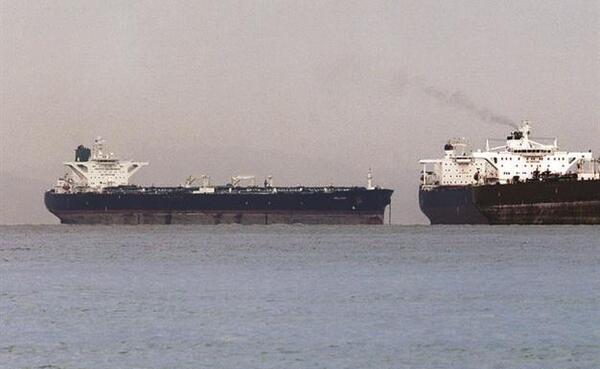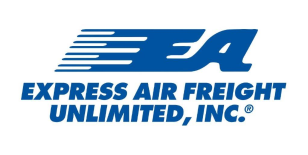Time:2020-12-23 Publisher:Bridge Num:6995
UK oil and container shipments, including crude oil loadings, are continuing as normal and have not been affected by new European restrictions on truck drivers in response to a new strain of the coronavirus found in the Britain, port and oil company officials said Dec. 21.
Ineos, which operates the UK’s largest crude oil supply pipeline Forties and the Hound Point loading terminal, told S&P Global Platts: “We remain open and continue to transport these raw materials on behalf of our customers.”
Forties accounts for around a third of the UK’s 1 million b/d crude oil production and is a constituent of Platts Dated Brent crude oil benchmark.

European countries including Germany, France and Italy, as well as countries further afield such as India and Russia have banned travel from the UK amid growing concern at an allegedly more infectious strain of the coronavirus in Britain.
However, the British Ports Association said containers and tankers should be unaffected by the disruption seen at ports such as Dover, and there were no known restrictions on unaccompanied freight.
“As far as I’m aware all countries are still accepting unaccompanied freight from the UK — there is some confusion at the moment though. I would be surprised if that were to change,” an official for the Association told Platts.
“There is currently some disruption at some ports, but I don’t have a clear picture on that yet.”
The port of Antwerp, a key oil hub, said it has not been affected by the restrictions, while Rotterdam port did not respond to a request for comment.
Elsewhere in the oil sector, the industry’s downstream body, the UK Petroleum Industry Association, said it had seen no disruption of oil shipments or issues obtaining equipment or parts, but was monitoring the situation closely.
ExxonMobil, operator of one of the UK’s largest refineries, Fawley, and a significant upstream producer, said it did not anticipate any “significant impact” from the disruption.
Upstream industry group Oil & Gas UK’s supply chain and operations director, Katy Heidenreichm, said the group was “monitoring the situation and continues to work with the supply chain and political stakeholders to ensure arrangements are in place which will allow businesses to continue to trade and support secure supply of energy.”
Road freight impact
The main impact of the travel curbs is expected to be on driver-accompanied freight such as trucks and passenger transit, including the Channel Tunnel.
The UK government has warned of potentially “significant disruption” to road freight following the new travel ban that came into force late Dec. 20.
The moves come as port infrastructure in the UK is facing a demand spike as the UK’s departure from the EU Customs Union looms and container rates surge.
The Jan. 1 deadline for the UK to leave the Customs Union is causing high demand for containers and putting a strain on UK port infrastructure as the industry prepares for uncertainty, according to shipping sources.
Container freight rates from North Asia to the UK have surged in the fourth quarter, with UK-based importers seeking to fill warehouse space ahead of time.
Source: HellenShippingNews



